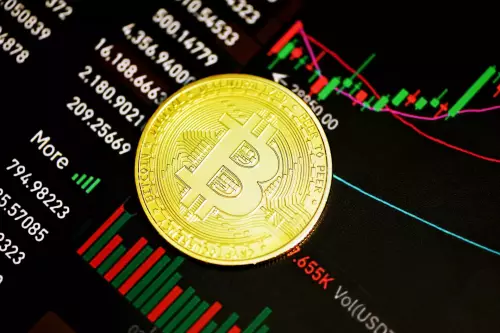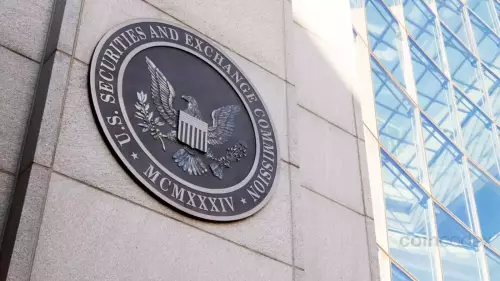TikTok's parent company, ByteDance, is eyeing Brazil for a massive data center, potentially making the country a digital hub for Latin America. But the project faces scrutiny over environmental and Indigenous concerns.

Brazil is becoming a hotspot for global tech investment, and TikTok is looking to join the party with a potential multibillion-dollar data center. This move could solidify Brazil's role as a digital powerhouse, but it's not without its challenges. Let's dive into the details.
TikTok Eyes Brazil: A Data Hub Dream
TikTok's parent company, ByteDance, is considering building a massive data center in Ceará, Brazil. The potential $10 billion venture, discussed between President Luiz Inácio Lula da Silva and TikTok CEO Shou Zi Chew, could position Brazil as a leading digital hub in Latin America. The proposed data campus at the Pecém Industrial and Port Complex could attract up to R$55 billion (US$10.3 billion) in investment, marking it as one of Brazil's largest tech infrastructure projects.
Why Brazil? Strategic Location and Renewable Energy
Ceará is an attractive location due to its abundant renewable energy supply and access to submarine internet cables. These factors are crucial for TikTok's growing data storage needs as the platform expands globally. Supporters believe the project could stimulate regional development, create high-tech jobs, and establish Brazil as a digital economy leader.
Controversy: Indigenous and Environmental Concerns
Despite the potential benefits, the project faces opposition. Indigenous groups and environmental advocates are concerned about the impact on local water resources and potential encroachment on traditional lands. While the government claims the land isn't formally recognized as Indigenous territory, activists argue that the project disregards longstanding land rights and ecological concerns. This highlights the global tension between economic development, environmental stewardship, and Indigenous sovereignty.
TikTok Under Pressure: A Global Balancing Act
These negotiations in Brazil come as TikTok faces increased global scrutiny. Recent reports suggest a preliminary agreement between the U.S. and China, potentially giving Oracle and other investors majority control of TikTok's U.S. operations, with Oracle managing American user data. The Brazilian data hub plan can be seen as part of TikTok's broader strategy to secure its international infrastructure while navigating political and regulatory hurdles, safeguarding the platform against geopolitical risks.
The Bigger Picture: Tech Meets Regulations
Interestingly, while TikTok aims to expand its data infrastructure in Brazil, another data-related project, Worldcoin, faced significant setbacks in the country. All Worldcoin stores in Brazil, where users' irises were scanned for the World ID project, were shut down following an investigation by the National Data Protection Authority (ANPD). This highlights the growing importance of data privacy and security regulations in Brazil, which TikTok must navigate carefully.
Looking Ahead: A Balancing Act
With Lula's administration showing support for large-scale digital infrastructure, the TikTok deal could be a game-changer for Brazil's tech scene. However, the controversy over Indigenous rights and environmental costs remains a hurdle. Whether TikTok proceeds with the Ceará project depends on balancing corporate ambitions with local resistance, a common challenge in the global race for data dominance.
So, will TikTok pull off this Brazilian data hub dream? Only time will tell. But one thing is for sure: it's going to be a fascinating dance between development, data, and diplomacy.














































































